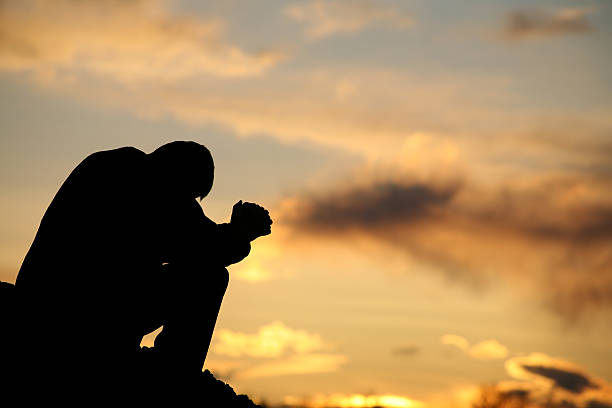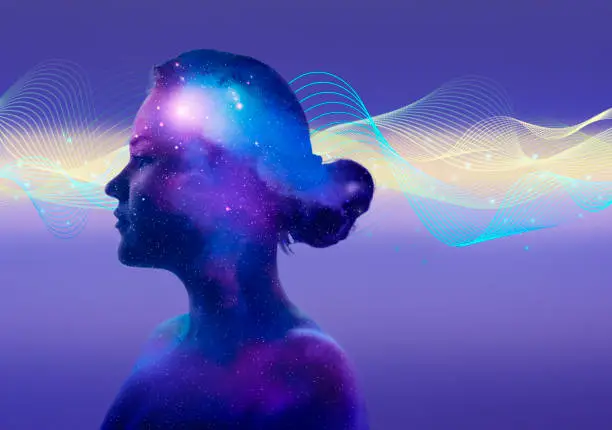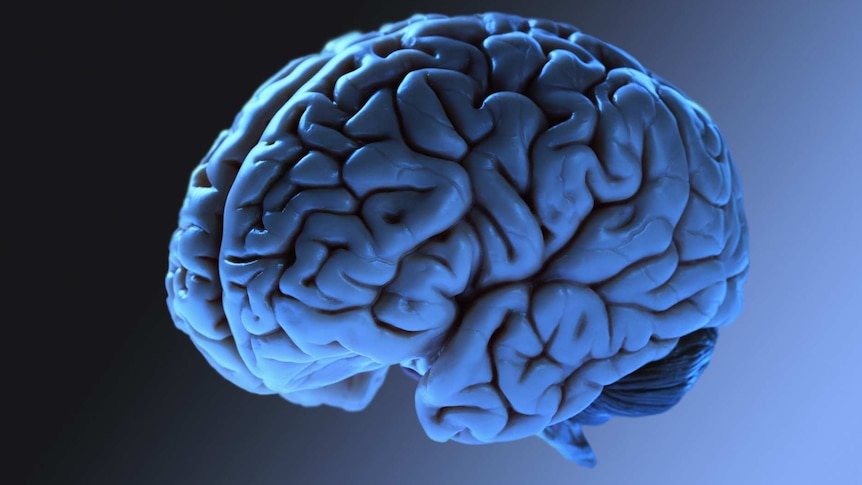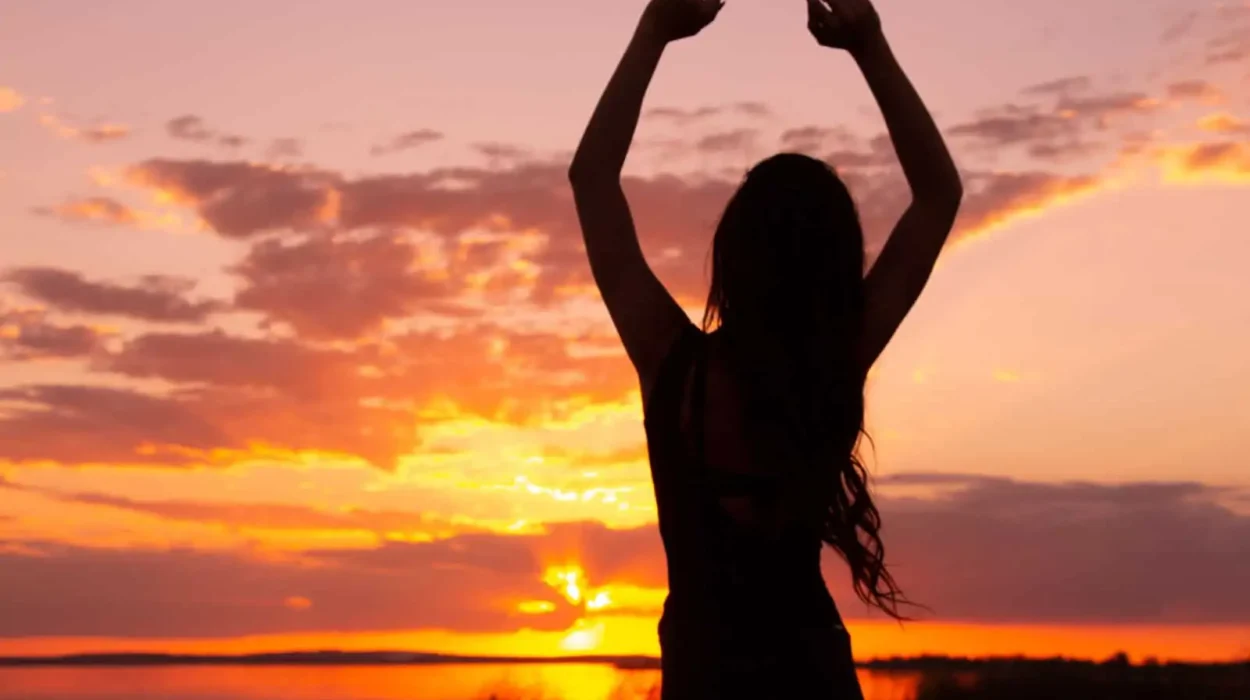“It’s not fair!”
Every parent has heard those words spill from the lips of a child, often accompanied by crossed arms, a trembling chin, and eyes burning with injustice. But this isn’t just a tantrum. It’s a primal outcry—an ancient signal that something, somewhere, has violated the invisible rules of how things should be.
Fairness.
It haunts us. Inspires us. Divides us. Moves us to march, to rebel, to fight, and to forgive. It’s the yardstick by which we measure love, punishment, effort, reward, loyalty, betrayal, and even ourselves. We invoke it in courtrooms and playgrounds, battlefields and boardrooms, relationships and revolutions.
But why?
Why do humans care so deeply about fairness that we will risk relationships, reputation, even our lives to defend it? Why does it sting so sharply when we feel cheated—even if the stakes are trivial? And why do we sometimes sabotage others just to make things “even”?
The answer, it turns out, lies at the crossroads of evolution, emotion, morality, and meaning.
Fairness isn’t just a cultural concept.
It’s part of what makes us human.
Wired for Justice Before We Can Speak
Long before we understand math or language, we understand fairness. In a groundbreaking experiment, researchers watched babies as young as 15 months old react to scenes where toys were distributed between puppets. When one puppet got more than the other—without reason—infants looked longer, startled, puzzled, even disturbed.
They weren’t taught this. They couldn’t articulate it. But something in their tiny minds said, “That’s not right.”
This suggests that fairness is not something we learn—it’s something we expect. Like blinking or breathing. It’s an emotional compass that begins spinning before we even know the names of the directions.
Evolutionary psychologists believe this compass is old. Very old.
In primate studies, capuchin monkeys, who often groom and cooperate with each other, were trained to exchange a token for food. When one monkey was given a grape—a preferred treat—while another received a cucumber for the same task, the slighted monkey went ballistic. It refused the cucumber, threw it back, shook the cage in protest. It wasn’t just hungry. It was insulted.
This response is not driven by logic. It’s driven by something deeper—an instinctual sense that unequal reward for equal effort violates the tribe’s code.
Fairness, in this view, evolved as a social survival mechanism. In early human groups, fairness wasn’t about virtue—it was about trust. If others shared food equally, divided labor honestly, and punished cheaters, the group survived. If not, it fell apart.
Injustice, then, was more than uncomfortable.
It was dangerous.
Fairness as the Foundation of Society
Fast-forward thousands of years, and fairness has grown from a survival instinct into a moral framework. It forms the basis of our legal systems, our ethics, our economic policies, our religions. From Hammurabi’s Code to the United Nations Charter, fairness has always been written into our most sacred rules.
But fairness is never simple.
Ask two people what’s fair in the same situation, and you’ll often get wildly different answers. Is fairness equality—everyone gets the same? Or equity—everyone gets what they need? Should the fastest student get a reward for excellence, or should slower students get more help? Should wealth be shared evenly, or should it be earned individually?
Our obsession with fairness isn’t just about outcomes. It’s about process. We care not only about what we get, but how we get it—and whether we believe the rules were applied consistently.
This is why courtroom drama grips us so tightly. Why we watch debates about doping in sports or bias in hiring with such passion. Why even a child will scream if one sibling gets a slightly larger slice of cake.
We’re not just hungry for justice.
We’re hungry for meaning.
The Fairness Trap: When Morality Becomes a Weapon
But our sense of fairness, like all instincts, can be corrupted.
In relationships, fairness can morph into scorekeeping. “I did the dishes last night, so you owe me tonight.” In politics, it becomes outrage. “They didn’t suffer like we did—so they don’t deserve help.” In families, it mutates into favoritism. “She always gets her way—I never do.”
Sometimes we don’t want fairness.
We want revenge disguised as fairness.
This is called moral licensing—when people justify unethical behavior because they believe they’ve already done enough good. “I worked hard all week, so I deserve to cheat a little.” “I’ve been generous with others, so now I’m entitled to something for myself.”
This mindset can be dangerous. It turns justice into justification. It turns the moral high ground into a place from which we throw stones.
The paradox of fairness is that we often bend it to serve our narrative. We’re far more likely to see unfairness when we’re the victim than when we’re the beneficiary. And we’re quick to demand justice from others that we’re slow to apply to ourselves.
Fairness becomes, in this way, a double-edged sword.
It holds others accountable.
But it also blinds us to our own bias.
The Emotional Weight of Injustice
Few things trigger our nervous systems like perceived injustice.
When we feel wronged—cheated, misjudged, overlooked—our bodies respond with the same intensity as physical pain. Cortisol floods the system. The amygdala lights up. Heart rate rises. Breath shortens.
We don’t just think injustice.
We feel it.
Psychologists call this the “moral emotion” network—a series of interconnected brain regions that activate when we experience or witness unfairness. These areas overlap with those that govern disgust, empathy, and even physical pain.
This is why a single unfair grade, an unfair punishment, or an unfair breakup can haunt us for years. We replay the moment. Argue with it in our minds. Imagine what we should have said. Justice denied becomes an open loop—one the brain doesn’t easily close.
But this sensitivity also gives us something beautiful.
The capacity for moral outrage.
It’s what drives whistleblowers. Activists. Reformers. It’s what fuels protests, inspires movements, ignites revolutions. When people rise up against oppression, it’s often not just personal pain—it’s collective moral fury.
Fairness, then, becomes more than instinct.
It becomes fire.
Love, Fairness, and the Delicate Dance of Reciprocity
In intimate relationships, fairness takes on a quieter, more complex form.
It’s not just about who pays for dinner or who takes out the trash. It’s about emotional balance. Do both people feel seen? Supported? Respected? Can both speak their truth without fear? Can both forgive without keeping score?
One of the greatest predictors of relationship satisfaction is perceived fairness—not just in actions, but in effort. If one partner feels like they’re doing all the emotional labor while the other coasts, resentment builds. If one sacrifices dreams while the other thrives unchecked, bitterness grows.
But here’s the secret: perfect fairness doesn’t exist in love. Relationships are not contracts. They are living, breathing negotiations of needs, timing, and care.
What matters most isn’t equality in every moment—but equity over time. A sense that when the scales tip too far, someone reaches to rebalance them.
Fairness in love isn’t rigid.
It’s responsive.
The Unfair World and the Resilient Soul
The harshest truth is this: the world is not fair.
Talented people go unnoticed. Innocent people suffer. Kind people die too young. And sometimes, cruelty is rewarded.
This truth can break a person.
Or awaken them.
Because while the world is not fair, we are capable of choosing fairness anyway. We are capable of showing up with integrity when no one is watching. Of speaking truth when it costs us. Of treating others with dignity—even when they don’t return it.
That is the essence of moral maturity: choosing fairness not because it’s rewarded, but because it’s right.
This doesn’t mean being a martyr. It doesn’t mean tolerating abuse or injustice in silence. It means choosing to live by the principles we hope will someday define the world—even if we don’t live to see it.
Fairness, then, becomes a form of faith.
Not in the world as it is.
But in the world as it could be.
Teaching Fairness: The Inheritance of Empathy
Fairness is not just inherited. It’s cultivated.
Every time we validate a child’s experience of unfairness—even when it’s over something small—we’re teaching them that their emotions matter. Every time we model fairness in how we listen, how we apologize, how we discipline, we are building their moral architecture.
Children learn fairness not through lectures, but through observation. They watch how we treat others. How we react when we are wronged. How we share power. How we tell the truth, even when it hurts.
And they internalize these lessons as emotional truths.
In this way, fairness becomes legacy.
Not just something we fight for.
But something we leave behind.
The Hope in Our Obsession
Why are humans so obsessed with fairness?
Because it gives us a framework for trust. A map for morality. A compass for connection. It tells us that effort matters. That goodness should be honored. That pain deserves justice. That love deserves reciprocity.
In a chaotic, often brutal world, fairness gives us hope.
Hope that people can change. That systems can evolve. That power can be shared. That dignity can be restored. That one day, we might live in a world where every person is treated not just equally—but equitably.
Fairness is not weakness.
It is strength.
It is the soul’s refusal to accept cruelty as destiny.
The Unfinished Work
If you’ve ever screamed into the dark, “This isn’t fair!”—you’re not alone.
You are part of a lineage of hearts who felt the same fire. You stand with ancestors who fought for justice, who held up mirrors to power, who reached for something better even when it seemed impossible.
You may not always win. You may never see the scales balance perfectly.
But your pursuit of fairness is not wasted.
It is the thread that ties your humanity to mine. The invisible vow we whisper in every kind act, every honest apology, every courageous act of truth-telling.
It is the music behind every movement for change.
And though the world may never be perfectly fair—
We can be.






